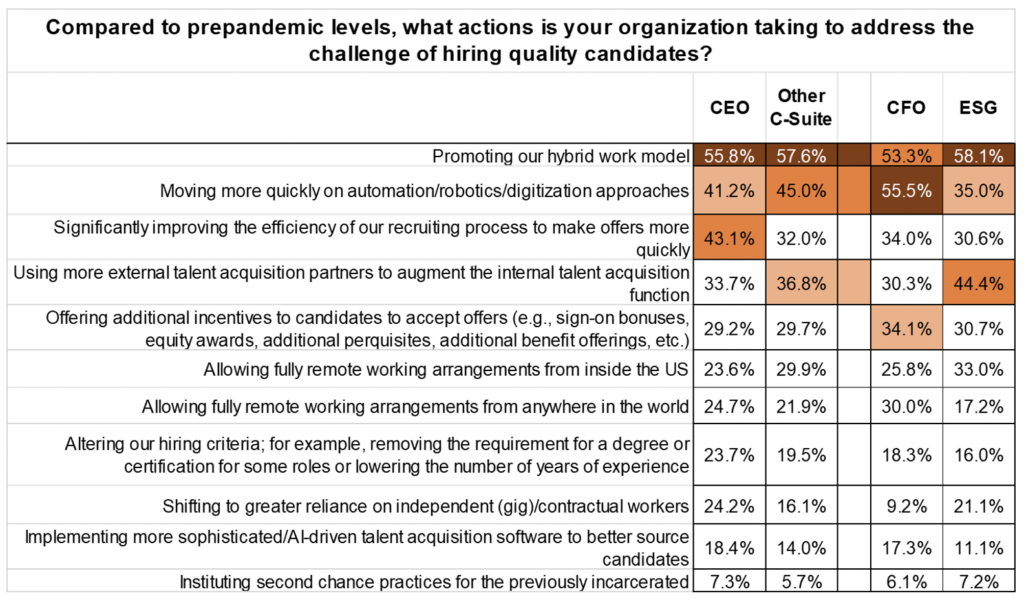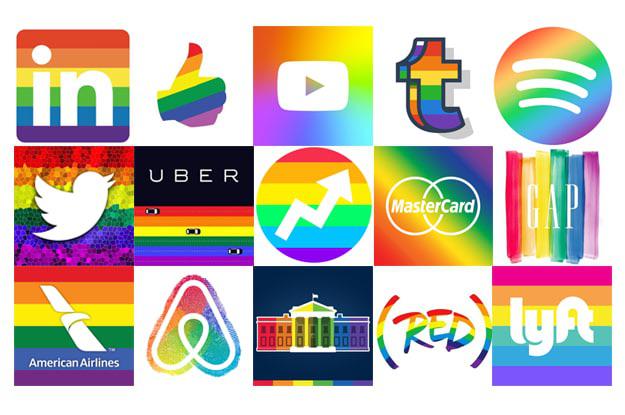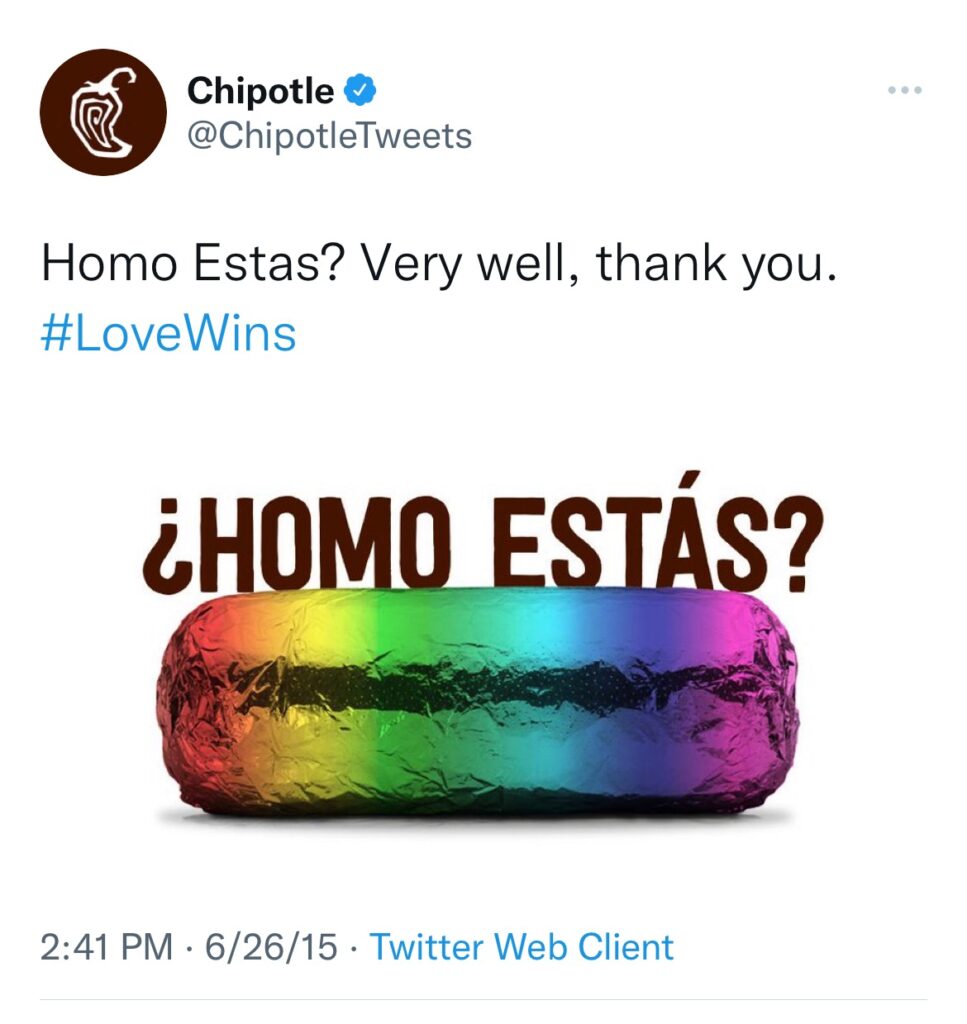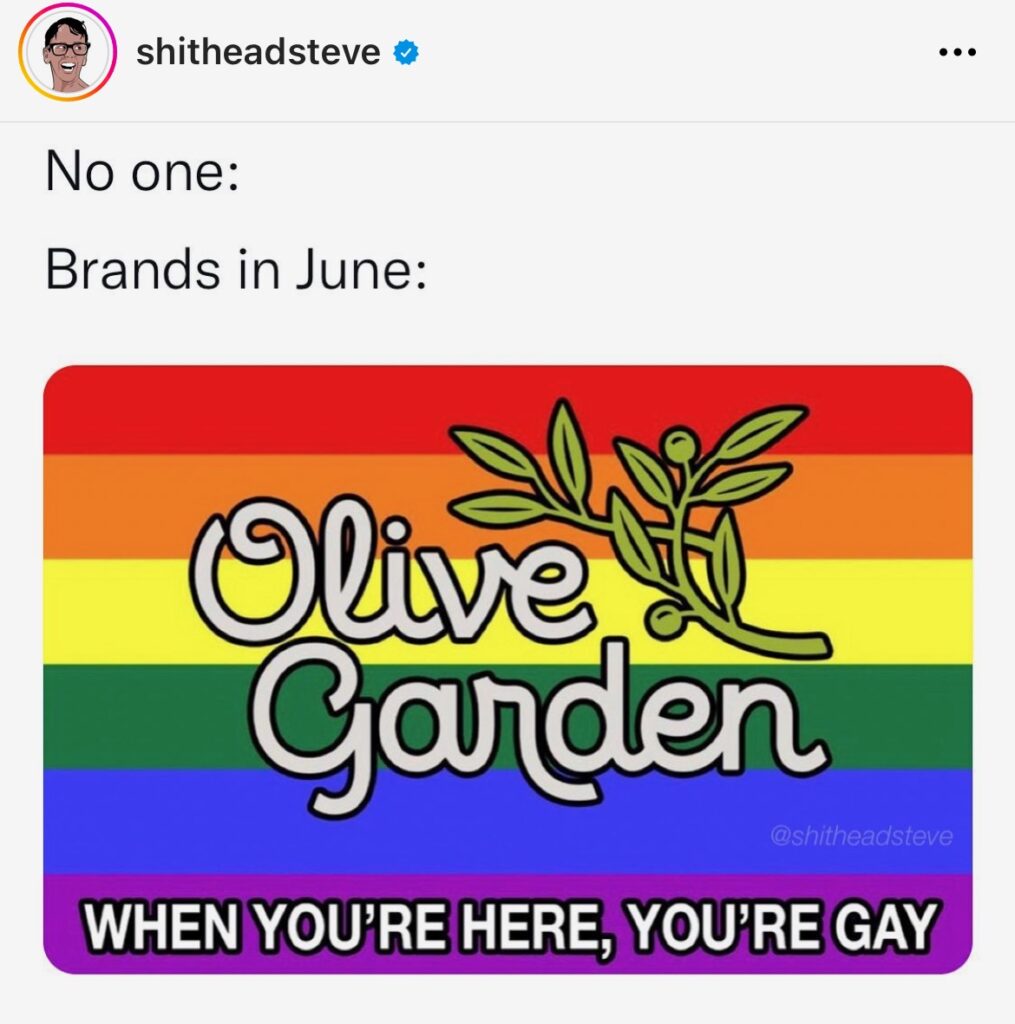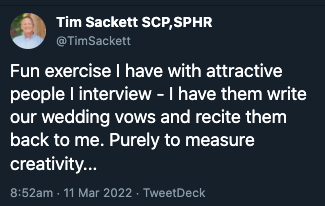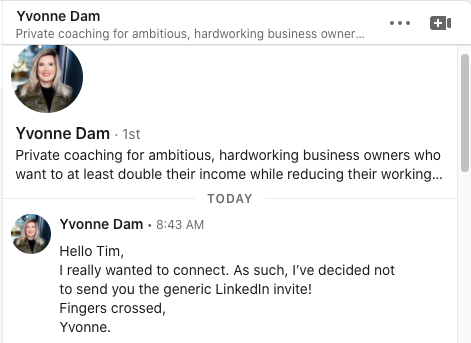Recently, I was on a webinar, and in my presentation, I harped on the talent acquisition pros and leaders on the webcast on why 100% of us are not using texting as a primary first form of contact with candidates. The data is in. Texting works! It works better than email by a mile, but still, less than 50% in the room are texting candidates.
After I was done a great TA pro contacted me and said, “Tim, shouldn’t recruiters be calling candidates!” I fell in love! Why, yes, fine, sir they should always be calling candidates! But, let’s not forsake other tools that are working at a high level. We know people, in general, respond to texts at a much higher rate than email and phone calls.
You see a text and within seconds you read it, and you respond to it at more than double the rate of email or voicemail. In talent acquisition, we are in LOVE with email, even when it doesn’t work.
In 2011, I wrote this post below – funny enough, it’s still relevant today (except now I think we need to add in more texting with those phone calls!)
Do we (recruiters) still need to make telephone calls?
I mean really it’s 2011 – we have text messaging, emails, Facebook, Twitter, etc. – hasn’t the telephone just become obsolete? Does anyone actually use their cell phones to make actual phone calls anymore?
The New York Times had an article: Don’t Call Me, I Won’t Call You, in which they delve into the concept of whether the act of making a phone call has jumped the shark or not. From the article:
“I remember when I was growing up, the rule was, ‘Don’t call anyone after 10 p.m.,’ ” Mr. Adler said. “Now the rule is, ‘Don’t call anyone. Ever.’ ”
Phone calls are rude. Intrusive. Awkward. “Thank you for noticing something that millions of people have failed to notice since the invention of the telephone until just now,” Judith Martin, a k a Miss Manners, said by way of opening our phone conversation. “I’ve been hammering away at this for decades. The telephone has a very rude propensity to interrupt people…
Even at work, where people once managed to look busy by wearing a headset or constantly parrying calls back and forth via a harried assistant, the offices are silent. The reasons are multifold. Nobody has assistants anymore to handle telecommunications. And in today’s nearly door-free workplaces, unless everyone is on the phone, calls are disruptive and, in a tight warren of cubicles, distressingly public. Does anyone want to hear me detail to the dentist the havoc six-year molars have wreaked on my daughter?
“When I walk around the office, nobody is on the phone,” said Jonathan Burnham, senior vice president, and publisher at HarperCollins. The nature of the rare business call has also changed. “Phone calls used to be everything: serious, light, heavy, funny,” Mr. Burnham said. “But now they tend to be things that are very focused. And almost everyone e-mails first and asks, ‘Is it O.K. if I call?’ ”
Sound Familiar?
Now I could easily turn this into a generational issue because for one it’s easy to do, but this isn’t a GenX vs. GenY issue. This is a basic communication issue. An understanding of what we do in our industry issue. Whether your third party or corporate recruitment, we do the same thing, we search and find talent. There are two basic ways to screen potential talent for fit for your organization: 1. Meet them in Person (no one would argue that this is the best way, but boy it’s expensive if you are using it as your first-line screen); 2. Meet them over the phone (done in some form or another by 99.9% of recruiters).
There really isn’t any way around this issue, we recruit, we make telephone calls. If you don’t like to make telephone calls, if you believe what the New York Times article believes, you shouldn’t recruit. It’s not an indictment on you, this just isn’t your gig.
Recruiters like to talk to people, to question people, to find out more about people, not a career, best done by email and text messaging. We need to talk live to others. That’s how we go to work. Doesn’t matter if you’re 21 or 6. It’s how to deliver great talent to our hiring managers.
So, here’s a tip, if you’re in recruitment and you don’t like making phone calls get, out of recruitment, you will not be successful. If your first choice of contacting someone isn’t picking up the phone and calling them, instead of sending them an email, when you have their phone number, get out of recruitment. If you’re thinking you want to recruit, and you don’t like making phone calls take another path.
Recruiters make phone calls, that’s what we do.
